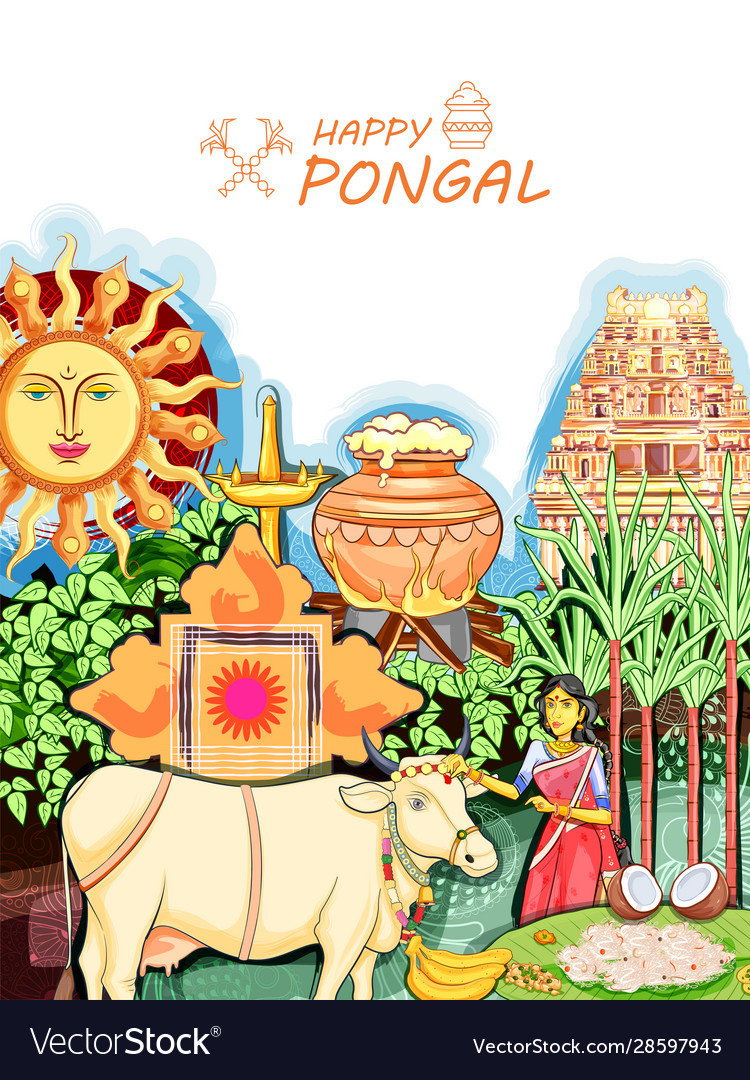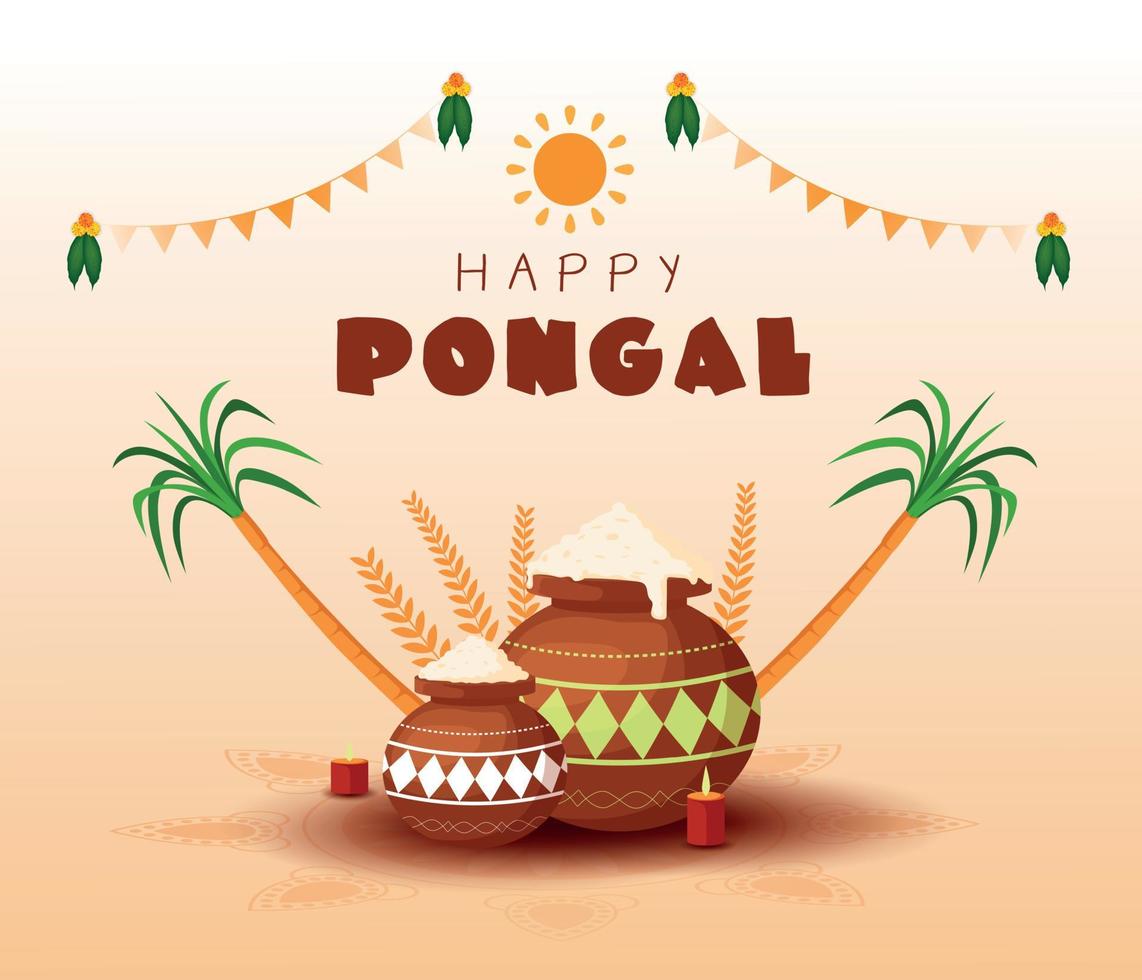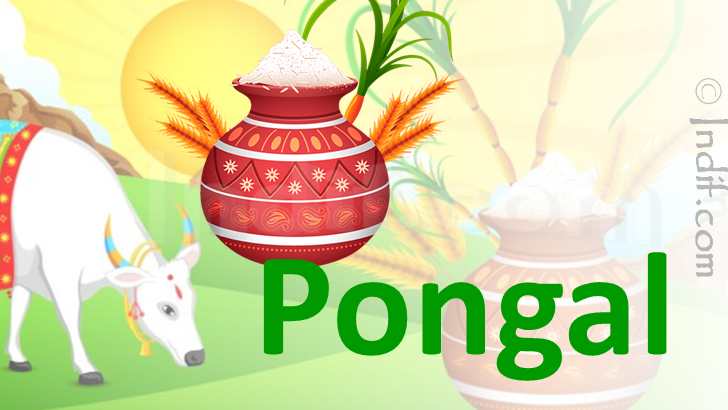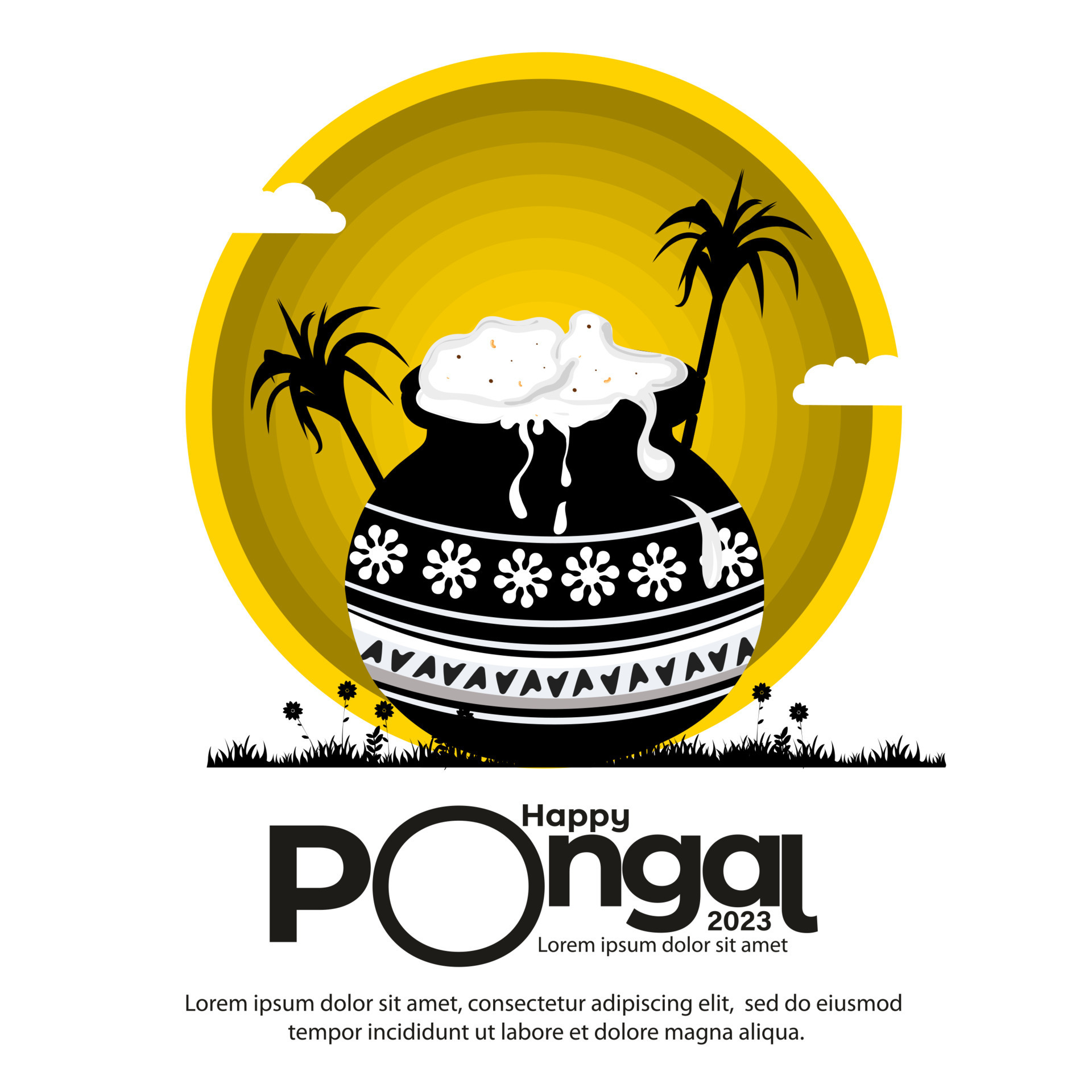Pongal 2025: A Celebration Of Harvest, Gratitude, And Renewal
Pongal 2025: A Celebration of Harvest, Gratitude, and Renewal
Related Articles: Pongal 2025: A Celebration of Harvest, Gratitude, and Renewal
Introduction
With enthusiasm, let’s navigate through the intriguing topic related to Pongal 2025: A Celebration of Harvest, Gratitude, and Renewal. Let’s weave interesting information and offer fresh perspectives to the readers.
Table of Content
Pongal 2025: A Celebration of Harvest, Gratitude, and Renewal

Pongal, a vibrant and joyous festival celebrated in South India, particularly in Tamil Nadu, marks the beginning of the harvest season. This four-day festival, traditionally observed in January, is a time for gratitude to the sun god Surya, who is believed to be responsible for a bountiful harvest.
Understanding the Significance of Pongal
Pongal transcends the boundaries of a mere harvest festival. It encapsulates a profound sense of renewal, symbolizing the transition from the old to the new, a time for fresh beginnings and hope. The festival’s rituals and traditions are deeply rooted in agrarian culture, reflecting the intrinsic connection between humanity and nature.
The Four Days of Pongal
Pongal is celebrated over four days, each day carrying its own significance and rituals:
Bhogi Pongal (Day 1): This day is dedicated to Lord Indra, the god of rain, and marks the beginning of the festival. People discard old and unwanted items, symbolizing the letting go of negativity and welcoming positivity. The air is filled with the aroma of burning firewood, creating an atmosphere of cleansing and renewal.
Thai Pongal (Day 2): The most important day of the festival, Thai Pongal, is dedicated to the sun god Surya. Families prepare the traditional Pongal dish, a sweet rice pudding made with milk, jaggery, and rice, and offer it to the sun god. This day is a celebration of prosperity and gratitude for a successful harvest.
Mattu Pongal (Day 3): This day is dedicated to the cattle, who play a crucial role in agriculture. Cows are adorned with flowers and turmeric paste, and are worshipped for their contribution to the harvest. This day also signifies the importance of animal welfare and their integral role in human life.
Kanum Pongal (Day 4): The final day of Pongal is a time for family reunions, exchanging gifts, and seeking blessings from elders. It is a day for celebrating the bonds of family and community, and for looking forward to the year ahead.
The Significance of Pongal in Modern Times
While Pongal’s roots lie in agrarian traditions, its relevance extends beyond the agricultural sphere. The festival continues to hold immense cultural and social significance in modern times. It serves as a platform for:
- Strengthening Family Bonds: Pongal is a time for families to come together, rekindle relationships, and create lasting memories.
- Celebrating Cultural Heritage: The festival’s vibrant traditions, rituals, and folklore serve as a potent reminder of Tamil culture and its rich heritage.
- Promoting Unity and Harmony: Pongal fosters a sense of community and shared celebrations, bringing people together from diverse backgrounds.
Pongal 2025: A Glimpse into the Future
As Pongal approaches in 2025, the anticipation for this joyous celebration is palpable. The festival promises to be a vibrant spectacle of color, music, dance, and delicious food.
FAQs about Pongal 2025:
Q: When will Pongal be celebrated in 2025?
A: Pongal in 2025 will be celebrated from January 14th to 17th. The exact dates may vary slightly based on the lunar calendar.
Q: What are the key rituals of Pongal?
A: The key rituals of Pongal include:
- Preparing the traditional Pongal dish and offering it to the sun god Surya.
- Decorating houses with kolam (rice flour designs) and flowers.
- Worshiping cows and other livestock.
- Sharing meals with family and friends.
Q: What are some traditional foods enjoyed during Pongal?
A: Some traditional foods enjoyed during Pongal include:
- Pongal: Sweet rice pudding made with milk, jaggery, and rice.
- Sakkarai Pongal: A sweet version of Pongal, usually served for breakfast.
- Ven Pongal: A savory version of Pongal, often served with sambar and chutneys.
- Puliyodharai: A tangy rice dish made with tamarind.
- Payasam: A sweet dessert made with milk, sugar, and rice or vermicelli.
Q: What are some tips for celebrating Pongal?
A: Here are some tips for celebrating Pongal:
- Plan ahead: Make sure to stock up on all the necessary ingredients and supplies for the festival.
- Get involved: Participate in the rituals and traditions of Pongal, such as preparing Pongal, decorating your home, and visiting family and friends.
- Enjoy the festivities: Take time to appreciate the cultural richness and joy of the festival.
Conclusion
Pongal 2025 promises to be a joyous celebration of harvest, gratitude, and renewal. It is a time to reflect on the blessings of the past year, to express gratitude for the bounty of nature, and to look forward to a prosperous year ahead. May the spirit of Pongal fill your hearts with joy, peace, and prosperity.








Closure
Thus, we hope this article has provided valuable insights into Pongal 2025: A Celebration of Harvest, Gratitude, and Renewal. We thank you for taking the time to read this article. See you in our next article!